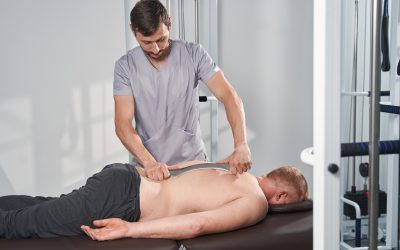The eye’s lens is naturally clear. However, as people age or if they suffer an injury to one or both eyes, their vision can become cloudy. This cloudy vision typically begins slight but gets progressively worse over time. In most cases, it can be treated, and vision can be restored to the way it was before cataracts.
Who Needs Cataract Surgery?
In the past, surgeons often suggested that patients wait until their cataracts were causing a significant hinderance to their lifestyle before they had Cataract Surgery in Appleton WI. Today though, advancements in medical technology have made it easier for doctors to perform the surgery and patients typically go home within a couple of hours of the procedure. Anyone who is bothered by blurry vision caused by cataracts might be a good candidate this treatment.
Benefits of Cataract Surgery
When patients have Cataract Surgery in Appleton WI, they typically see more clearly within a couple of days. They may even notice a significant improvement in their vision as soon as the effects of the medication used to dilate their pupils wears off.
Patients now have the option to choose from standard lenses that can only focus clearly at a certain distance and those that are able to adjust. Choosing the standard lenses may mean the patient has to wear glasses to see either near or far distance, depending on the intraocular lens option they choose. Surgery may be done on one or both eyes and some patients choose different lenses for each eye.
Next Steps
The first step to removing cataracts and seeing clearly again is to schedule a consultation and Visit our clinic. An experienced ophthalmologist could determine whether a patient’s vision problem is caused by cataracts and work with them to set up a treatment plan. In many cases, surgery is the best way to treat cataracts.
Sometimes, early cataracts may be treated with corrective contact lenses or glasses. If surgery is recommended, a patient can expect to have a thorough examination and pre-op tests to check for other eye problems that could affect the surgery. Testing might also help a surgeon and their patient choose the ideal intraocular lenses for their lifestyle.



